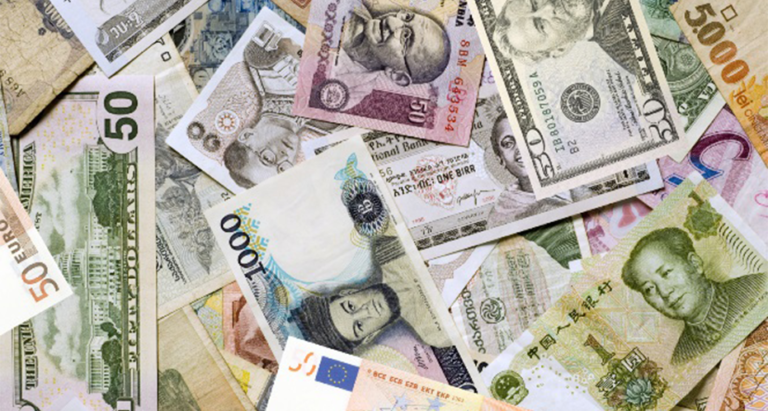Driving commercial and political engagement between Asia, the Middle East and Europe
Driving commercial and political engagement between Asia, the Middle East and Europe
Driving commercial and political engagement between Asia, the Middle East and Europe

Asian currencies markets are rapidly developing. Twenty years on from the Asian financial crisis of 1997, Asian local currency markets are now more resilient to foreign flow reversals. The rise of the Renminbi (RMB) as the world’s most heavily traded emerging markets currency is also accelerating business in Asia, gaining global market share from the traditional foreign exchange hubs in London and New York. London’s share of global foreign exchange dropped in 2016 for the first time in a decade, with the three largest Asian trading hubs – Hong Kong, Singapore and Tokyo – capturing much of that business. The internationalisation of the RMB and the rise of both offshore Dim Sum bonds and onshore Panda bonds is also driving RMB trades.
Yet with China’s economy slowing amid currency revaluations how will uncertainty in the macro environment impact RMB volatility? What are the RMB impacts on ASEAN currencies, including the peso, baht, ringgit and rupiah? This roundtable brings together leading analysts to explore local currency impacts on euro, yen and dollar markets, and future trends and strategies to exploit the growth of RMB and ASEAN currency markets in Asia.
Topics for discussion:
Panel:
 Sherry Madera Sherry Madera
Special Adviser for Asia, City of London |
 Andy Mather Andy Mather
Digital Transformation Director, Telstra |
 Mark Williams Mark Williams
Chief Asia Economist, Capital Economics |
 Robert Minikin Robert Minikin
Head of Asia FX Research, Standard Chartered Bank |
To register your interest in attending, please contact Conor Paterson at conor.paterson@asiahouse.co.uk.
This event is organised in partnership with:

